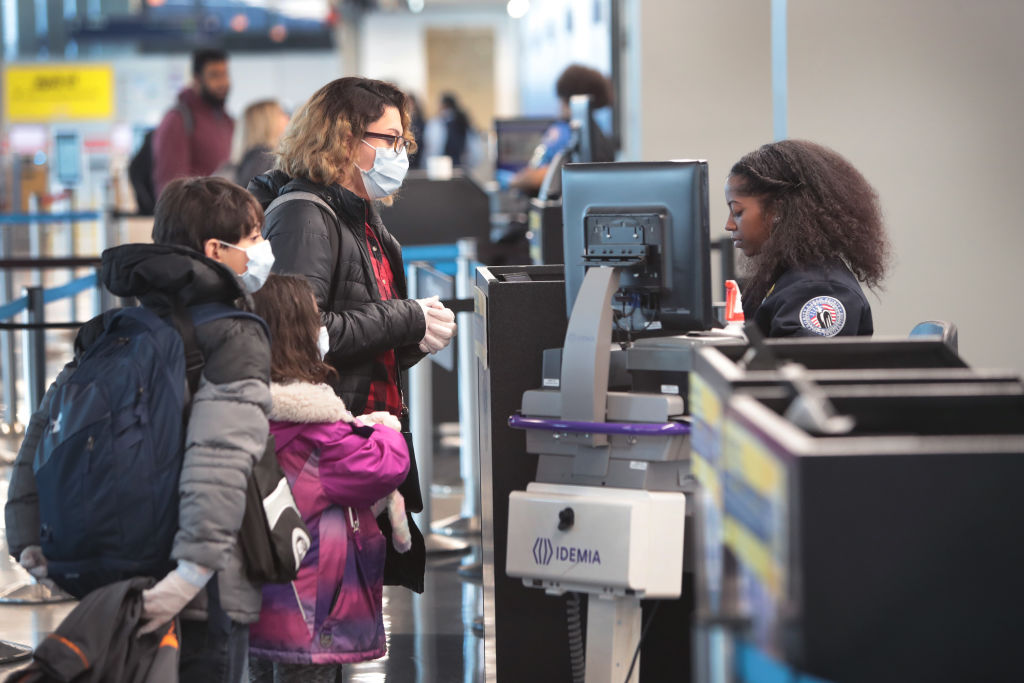TSA whistleblower blasts 'gross mismanagement,' alleges agency's inaction 'contributed to the spread of the coronavirus'


A free daily email with the biggest news stories of the day – and the best features from TheWeek.com
You are now subscribed
Your newsletter sign-up was successful
The Department of Homeland Security will open an investigation after a whistleblower alleged "gross mismanagement" in the TSA's coronavirus response.
Jay Brainard, a top Transportation Security Administration official in Kansas, has filed a whistleblower complaint with the Office of Special Counsel, which describes how the TSA allegedly "botched its initial handling of the pandemic when millions of people continued to fly each day" and says "it is still doing too little to protect travelers and its own employees," The Washington Post writes. The Office of Special Counsel, according to the Post, said it "found a substantial likelihood of wrongdoing," and DHS has now been directed to investigate.
In an interview with NPR, Brainard alleged that the TSA did not take needed actions to protect its employees as the pandemic began and, therefore, allowed them to become "a significant carrier," saying, "We did not take adequate steps to make sure that we were not becoming carriers and spreaders of the virus ourselves. I believe absolutely that that contributed to the spread of the coronavirus." He alleges the TSA withheld N-95 masks from employees and didn't let supervisors mandate masks, nor did it require employees change or sanitize gloves between passengers, NPR reports.
The Week
Escape your echo chamber. Get the facts behind the news, plus analysis from multiple perspectives.

Sign up for The Week's Free Newsletters
From our morning news briefing to a weekly Good News Newsletter, get the best of The Week delivered directly to your inbox.
From our morning news briefing to a weekly Good News Newsletter, get the best of The Week delivered directly to your inbox.
"You've got communities shutting down," Brainard told NPR. "You've got governors shutting things down. And we still hadn't mandated masks. We still hadn't mandated eye wear. We still weren't changing personal protective equipment as often as we needed to. ... Every effort was made to convince our leadership to give us the latitude to roll out personal protective equipment. That didn't happen at that point."
TSA security officers have since been required to wear masks, and the TSA has instituted new coronavirus protocols, including requiring officers to change gloves every 30 minutes, according to the Post. Brainard, however, tells NPR, "the bottom line is the new procedures in place do not adequately address the prevention of the spread of the coronavirus."
A free daily email with the biggest news stories of the day – and the best features from TheWeek.com
Brendan worked as a culture writer at The Week from 2018 to 2023, covering the entertainment industry, including film reviews, television recaps, awards season, the box office, major movie franchises and Hollywood gossip. He has written about film and television for outlets including Bloody Disgusting, Showbiz Cheat Sheet, Heavy and The Celebrity Cafe.
